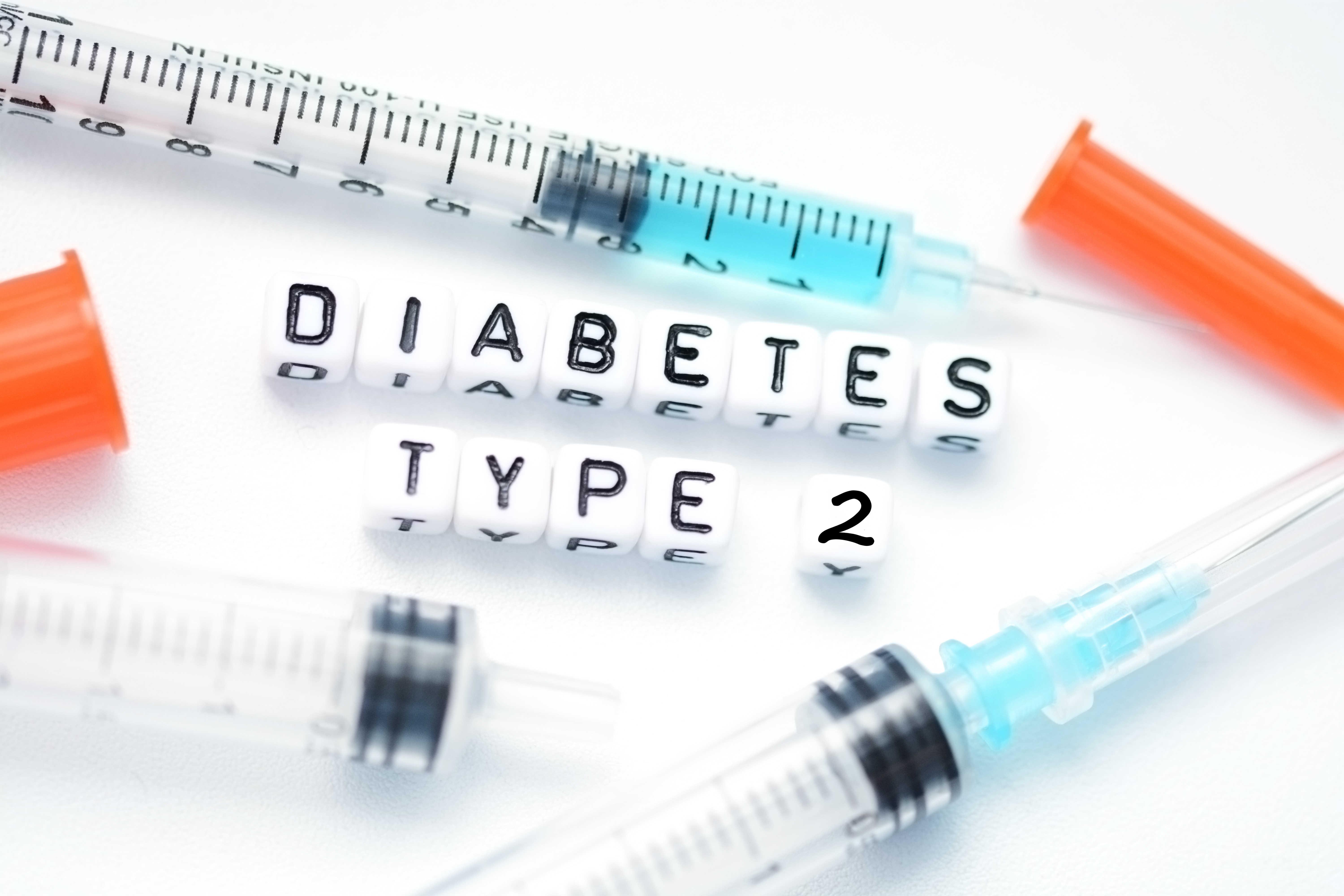Insulin and glucagon are the kinds of hormones that promote your glucose regulation. Glucose is in charge of fueling your body while insulin and glucagon are responsible for managing your blood glucose. They make sure your blood sugar stay on the right level. As you eat, your pancreas produces insulin to keep your blood sugar low. Then between meals, it releases glucagon which helps maintain your blood sugar levels. If you suffer from diabetes or prediabetes, your insulin production is disrupted, resulting in the improper release of glucagon. All of which can lead to unhealthy glucose levels.

How insulin works
Insulin is in control of moving glucose from the blood into cells for energy. Carbohydrates are converted into glucose through digestion, causing a glucose rise in your blood. In harmony with this, insulin is produced to manage the sugar level. Insulin production suppresses glucagon, signaling the cells in your body to acquire glucose from your blood to used as energy. Surplus glucose is kept in the liver cells and muscles in the form of glycogen. The levels of glucose in your blood drop as it turns to energy.
How glucagon works
Around four to six hours after your meal, the glucose levels in your blood reduce. This signals the pancreas to produce glucagon to suppress insulin and stimulate the liver and muscles to reform glycogen into glucose. Reformed glucose then is sent back into the bloodstream to prevent your blood sugar from dropping too low.
Disorders of insulin imbalance
Type 1 Diabetes
Type 1 diabetes is an autoimmune disorder in which your immune system accidentally interferes with your insulin production. Also known as insulin-dependent diabetes, type 1 diabetes requires frequent insulin injections.
Type 2 Diabetes
Type 2 diabetes occurs when your cells do not respond to insulin, causing your body to reduce its insulin production and raising your blood sugar levels. Most of diabetes diagnosed cases are type 2 diabetes.
Gestational Diabetes
Gestational diabetes is a medical condition occurs to some pregnant women when their hormones interrupt with the insulin function. Though this condition usually disappears after the mother has given birth, she may be at risk of type 2 diabetes later.
Prediabetes
Prediabetes refers to the improper use of insulin, resulting in elevated blood glucose levels. Over the time, those blood glucose levels progress to reach a certain height to become type 2 diabetes.
Unfortunately, we cannot prevent all types of diabetes. However, maintaining a healthy lifestyle with exercise and a healthy diet can prevent or delay prediabetes and type 2 diabetes.
[embed-health-tool-bmi]
















